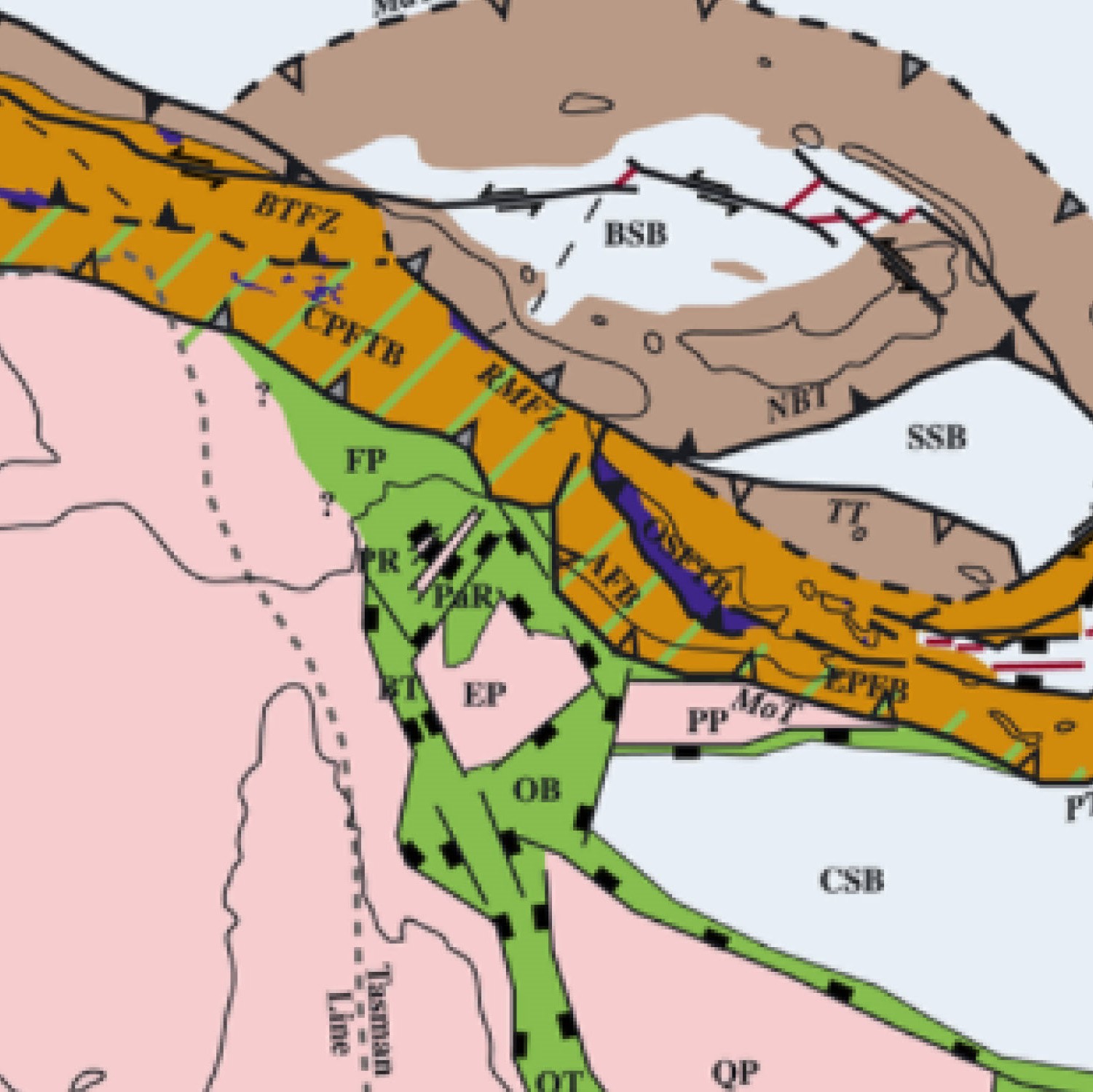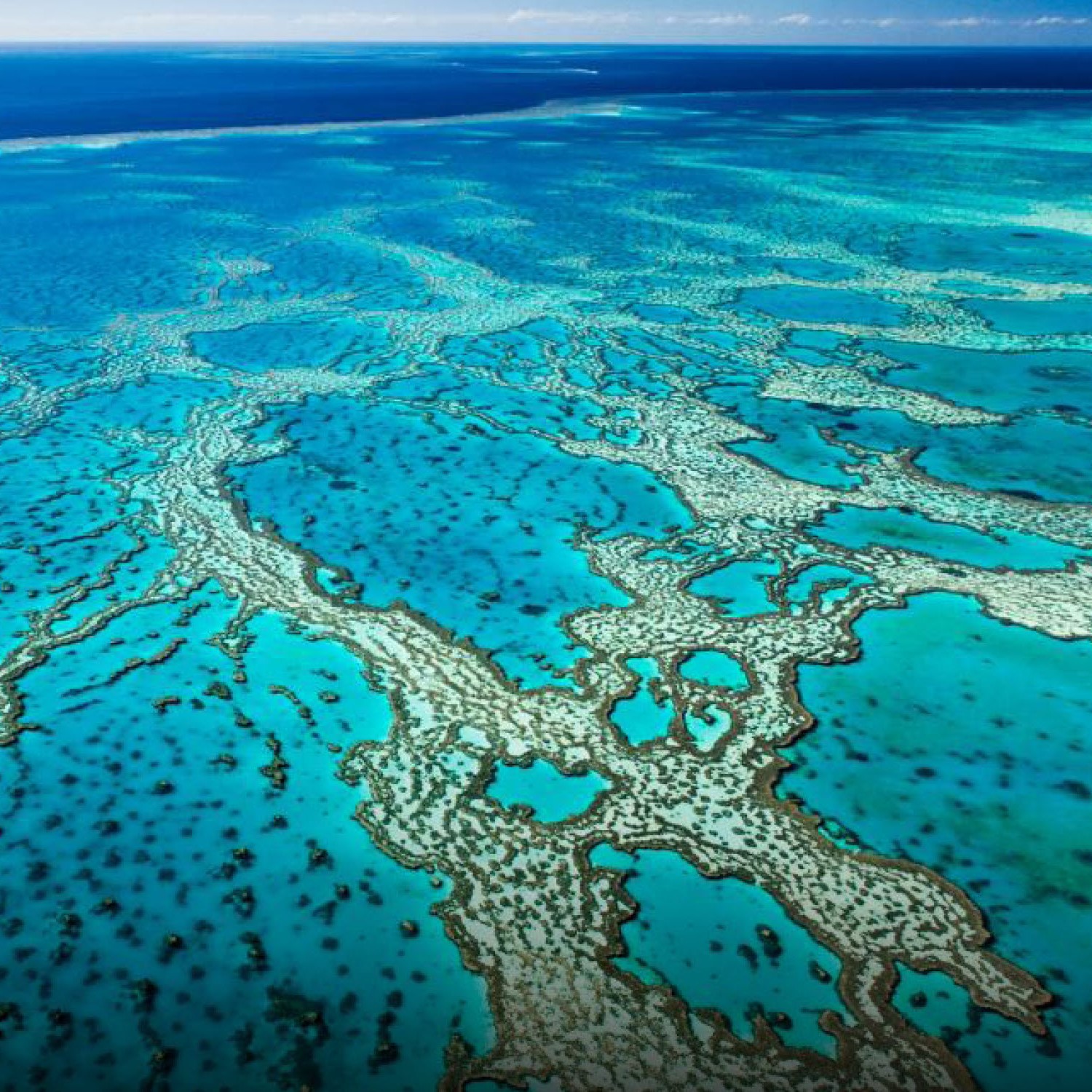Ruth Varner will receive the 2015 Sulzman Award for Excellence in Education and Mentoring at the 2015 American Geophysical Union Fall Meeting, to be held 14–18 December in San Francisco, Calif. The award is given for "significant contributions by a m...
Ruth Varner will receive the 2015 Sulzman Award for Excellence in Education and Mentoring at the 2015 American Geophysical Union Fall Meeting, to be held 14–18 December in San Francisco, Calif. The award is given for "significant contributions by a mid-career female scientist as a role model and mentor for the next generation of biogeoscientists."
Citation
Ruth Varner is acknowledged as a highly distinguished researcher in the field of biogeochemistry, where she leads projects spanning field observations through global modeling and devised novel techniques to measure methane. As an educator, she demonstrates long-term and substantial commitment to outreach and mentorship in a wide spectrum of community and academia. Letters in support of her nomination repeatedly acknowledge the centrality of education and outreach to her research program, with particular praise for the “cascade mentorship model” that she helped to develop. Dr. Varner has an impressive track record as a generous mentor, a distinguished researcher, and effective director of the Joan and James Leitzel Center for Mathematics, Science, and Engineering Education at the University of New Hampshire (UNH).
—Marilyn L. Fogel, University of California, Merced
Response
It is a great honor to receive the 2015 American Geophysical Union (AGU) Sulzman Award. Being recognized for my teaching and mentoring and placed alongside Dr. Sulzman is truly humbling.
During my career I have been able to do research in remote locations and work alongside students. Early on, I recognized that each student I worked with was a unique individual, that while one student could be very independent, another needed a more hands-on approach. For science to be accessible, we have to acknowledge and support these differences. This supportive research environment may require multiple mentors: graduate students, postdocs, staff, and faculty. My research group practices what we call “cascade mentoring.” This approach came out of a partnership between our research group at UNH and Dr. Jill Bubier at Mount Holyoke College. Simply put, cascade mentoring succeeds because it recognizes that each student needs different things at different times in their development as a scientist. Most recently, I have used this approach in the Research Experience for Undergraduates program I run. The students in this program receive support from multiple mentors—faculty, postdoctoral scholars, international partners, and grad students. It takes a lot to succeed as a team. But the core component of this success is collaboration built on the ability to recognize the strengths of each individual member. I believe my career is not only about grants and publications but about training the next generation. Every day I marvel in how lucky I am to have the job I have.
The reason I have been able to understand what makes mentoring work is that I have been fortunate to have had supportive mentors during my career. From my beginnings as an undergraduate in Hartwick College’s Geology Department and continuing through my graduate, postdoctoral, and faculty career at the University of New Hampshire, my mentors, Dr. Alexandra Moore, Dr. Dave Hutchison, Dr. Patrick Crill, Dr. Jill Bubier, Dr. Michael Keller, and Dr. Frank Birch, have supported and believed in me as a unique individual, each providing me with different kinds of support. I can’t thank them enough. I have also had tremendous support from faculty, staff, and administrators here at UNH. They are too numerous to name individually, but I am grateful to them all. In their own way, each person has enabled me to combine my research and mentoring in a way that allows many students and teachers to have access to research opportunities. I am also grateful to the National Science Foundation for fostering the development of programs that include an appropriate level of support to let me implement mentoring activities.
Thank you, Dr. Scott Saleska, for writing my nomination letter, and Dr. Robert Harriss, Dr. Patrick Crill, and Dr. Maria Hunter, for writing letters in support of my nomination. Special thanks to the Biogeosciences section of AGU for giving me this wonderful honor.
—Ruth K. Varner, University of New Hampshire, Durham








